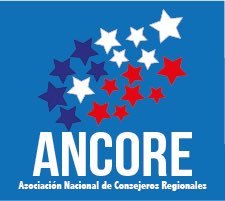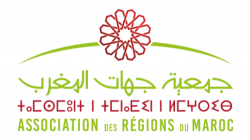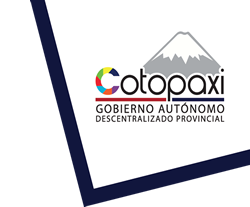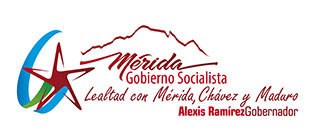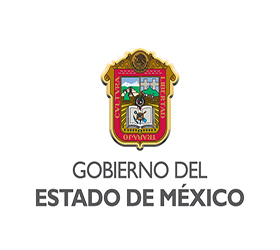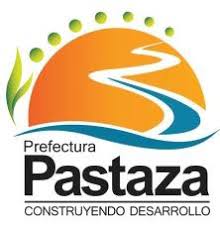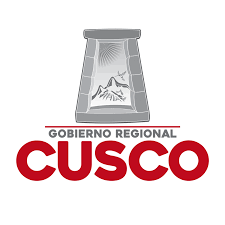Rural development at the heart of cooperation policies for the development of Extremadura
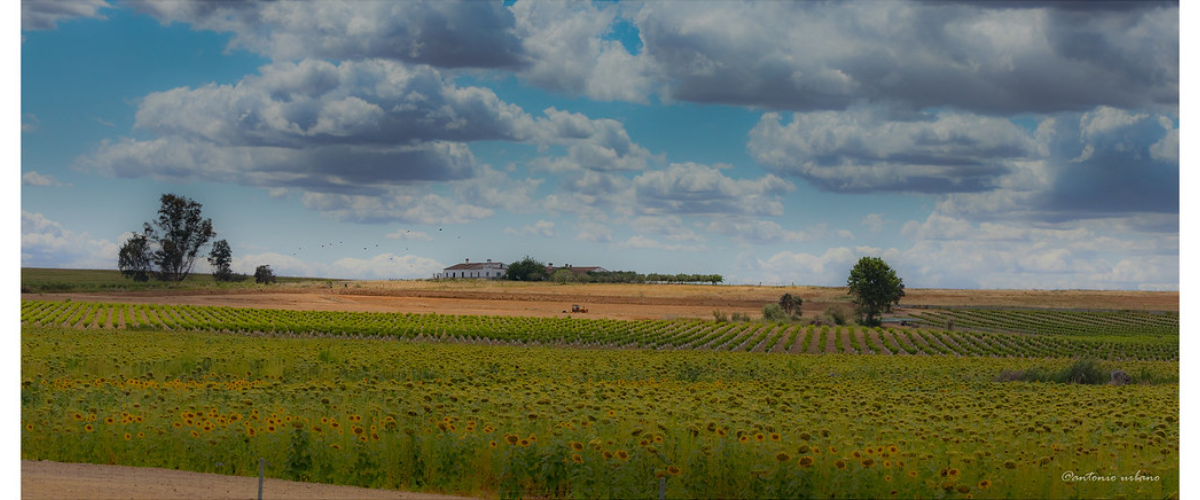
María Guardiola Martín
President of the Government of Extremadura
Extremadura is a region that knows the historical and future challenges that arise in eminently rural territories. With more than 67% of our population residing in rural areas, extremadurans know first-hand the social, economic, political, administrative and environmental keys that have helped our region to experience a development process with rural development policies that cover agricultural production and sustainability, the attention to the demographic challenge or the support for the generation of infrastructure.
This knowledge accumulated over the last 40 years has served us to guide development cooperation policies from our region to countries and territories that share characteristics with us. Actions that aim to maintain the urban-rural balance; to improve sustainable agricultural production systems; provide basic services in isolated rural environments and strengthen the resilience of these territories to climate change. However, it is not only about sharing the region's experience to improve the lives of the inhabitants of these territories, but also about maintaining and building historic ties with other regions of the world with which we share challenges, as well as jointly claiming the key role of local and regional territories in fulfilling the global development agenda.
Rural development, has many faces, different dimensions and approaches, but it shares a very basic and understandable goal: improving the living conditions and resilience of the population residing in rural areas. Thus, strengthening the capacities of women in rural areas to improve food security systems or promoting local tourism as a driving element for local economic development, constitute actions with different approaches, which influence different social, cultural or economic conditions, but whose ultimate common objective is the improvement of the capabilities and opportunities of the rural population.
Currently, there are many international cooperation projects that contribute to rural development and are supported by the Government of Extremadura through the Extremadura Agency for International Development Cooperation (AEXCID), mainly in countries in Latin America and West Africa. In El Salvador we contribute to making safe water accessible in sufficient quantity in the most impoverished rural areas, providing more than 200 families with a potable home water supply system. In Senegal, we support the improvement of food security through resilient agriculture in a region suffering from the consequences of the climate change and which has been identified as one of the most vulnerable to food insecurity in the country. In Mali, we reinforce the resilience of rural women to food crises through the creation of cooperatives and continuous training in agricultural techniques. In addition, we strengthen the health system by facilitating access to water through the construction of public fountains powered by solar supplies.
In this sense, it is key to point out that the rural development of our territories starts from an identification of challenges and needs that is carried out from the territory itself. That is, by the population itself, institutions and organizations that reside in those territories. This has been our experience in participatory rural development, and this is the path in which we accompany other territories and the people who inhabit them.
In this context, I want to point out the essential role of local and regional governments in rural development to advance the global development agenda. Because we are the regional and local governments that know closely the needs and challenges in our territories.
There is no instance positioned that can express the needs of its people. However, in an increasingly globalized and internationalized scenario, we require joint support and authorization in the spaces for dialogue and articulation necessary to be able to express and address them. Without a doubt, unite voices to vindicate the essential role of regional and local governments in achieving the challenges of the global agenda, as well as leading and defining the next steps in the rural development roadmap and giving it the form and required dimension, is the challenge we face today. Rural development is one of our priorities. Extremadura has begun its transformation and, as president of the Extremadura Regional Government, I will use all the tools to improve it. The Law of Cohesion and Territorial Equality that we are promoting and the Agenda for Leadership, Modernization and Advancement of Extremadura, in its acronym 'ALMA', are two recent examples of this.


